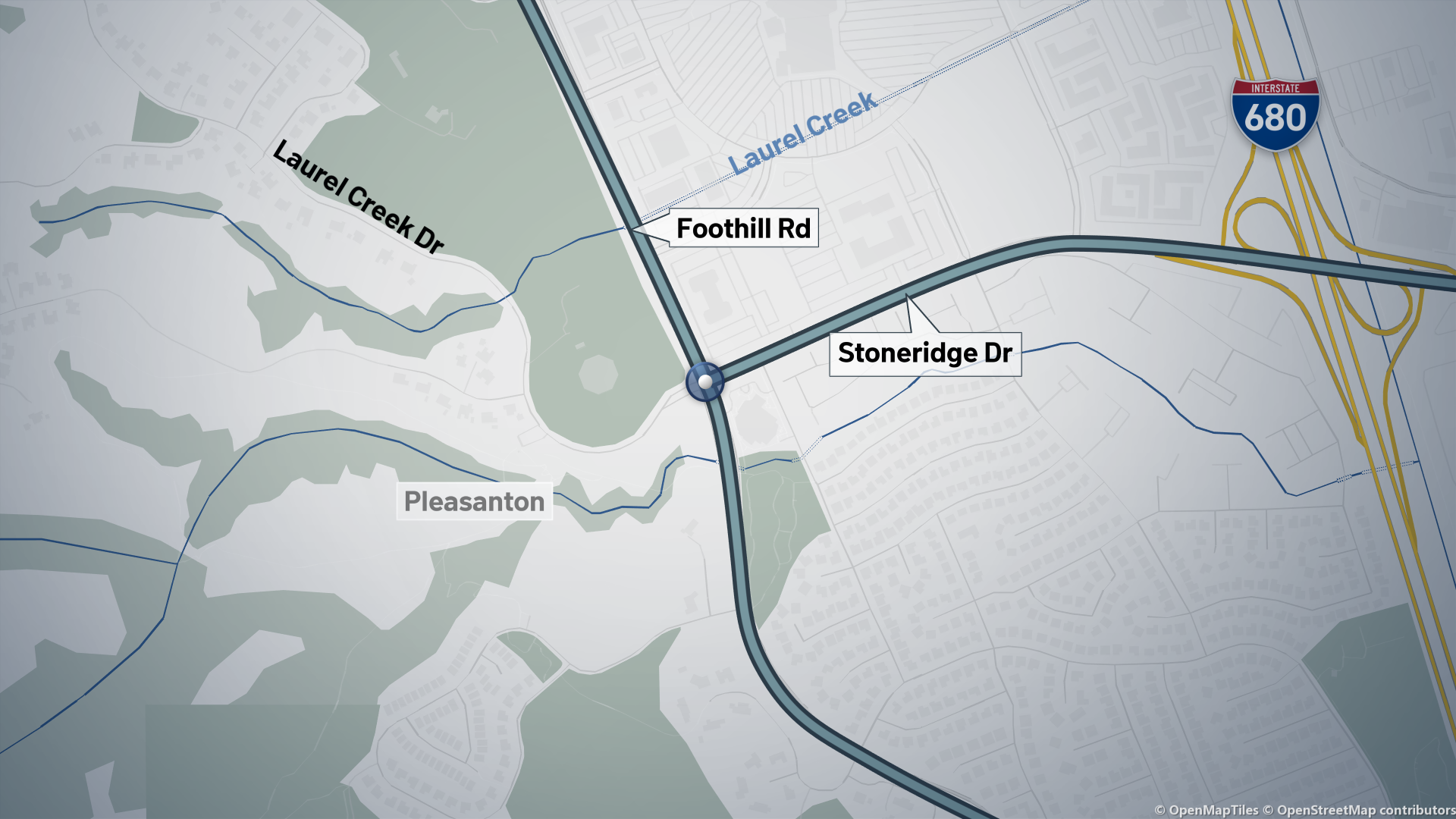The Indian Students Club at Milpitas High School meets once a week to discuss life both as American teens, and as children of immigrants.
One of the most common topics is pressure from parents to pursue careers in science, technology, engineering, or math. Students say their parents often want them to be either "a doctor or an engineer."
"My parents come from India and a lot of times the writers or the philosophers or those other careers aren't as prosperous there as the engineers, the doctors, the lawyers," said Sonia Tripathy, a senior at Milpitas High School. "Coming from a childhood where the three main subjects are going to be STEM subjects, they don't really see anything else for you other than what's going to make you better in the future."
Speaking of futures, dating is a common club topic as well. Arranged marriage is common in India, and therefore some club members say their parents don't understand American teen dating. Others say their parents believe it's a distraction.
"The reason why most first-generation students don't date necessarily is because their parents often tell them it's a form of distraction and any distraction is going to prevent you from achieving your goals," said 12th grader Gurshaan Bariana. "They live through you and they want you to succeed in life."
While parents may discourage dating, students admit they know many teenagers who date in secret.
Similar conversations among first-generation students happen across Silicon Valley.
Local
Nearly two thirds of Santa Clara county children have at least one foreign-born parent, according to Kidsdata.org. Many of their parents made big sacrifices to immigrate to the U.S.
Yesenia Romero moved from El Salvador when she was young to flee a war. Today, she is thankful her three daughters have a better life in Sunnyvale. But as a single mom, paying the bills isn't easy.
"The rents are unspeakable. Right now we live in a one bedroom and we manage," said Romero. "Either I choose to pay a humongous portion of rent and not pay for her tuition, or live in a small place."
It's a sacrifice that isn't lost on her daughter Kyanna.
"I'll always be giving back to my family, but for now this is the way I will give back to them by showing them I want to do more because of what they weren't able to do," said Kyanna Gonzalez, a senior at Fremont High School in Sunnyvale. She plans on studying medicine and becoming a neurologist.
Kyanna's schoolmate Mani Poudat says his family moved from Iran when he was ten years old to the U.S. so he could become whatever he wanted to be. Such freedom, he says, comes with a lot of expectation and responsibility.
"Some people they have the help of their parents, the help of their older siblings, the help of their family and stuff to get through to college," said Poudat. "But me, I'm basically on my own for this journey."
Some first-generation students here are quite literally on their own.
Lynbrook High School senior Han Lin had no idea he would attend high school in the U.S. until minutes before it happened. His family was visiting the Bay Area when his dad decided, in just two or three minutes, he should stay. His mom and dad returned to China.
"He [his father] just told me we found a school for you and you should study here," said Lin. "I just say ok."
Lin says academic pressure in China is extremely high. He watched his older siblings move to the U.S. for high school as well, but they left before their sophomore year. His parents decided he should go a year earlier.
"I think they feel like it's too hard to study the high school in China because it's much more pressure. And they saw like to study in America is better for us," Lin said.
Lin now lives near the high school with a host family. Foreign students like Lin can attend California public schools. The California Department of Education (CDOE) does not track how many are here statewide, but says each school district decides whether to enroll students based on space and room availability, among other factors.
Foreign students are required to have federal visas and other necessary documentation, according to the CDOE. Some students whose parents are residents of another country may have to reimburse school districts for the full cost of their education, according to a 2013 fiscal advisory from State Superintendent of Public Instruction Tom Torlakson.
For Lin, one of his biggest challenges has been learning english.
"My freshman year I have a class called computer application and it's all stuff about the computer. and when I talked to my friends and i read the textbook, I can't understand anything," Lin said.
UC Berkeley psychologist Dr. Paige Lee says many first-generation students are "navigating between two different worlds." Dr. lee says first generation students often struggle to meet both academic expectations and their family's expectations.
"For first-generation students I think there is even more of a pressure because for them the degree is not just for themselves. The degree is for the family because they may be the first person to go off to college," said Dr. Lee. "So a lot of families put a lot of hopes and expectations on their students with the whole idea once you get out of school and start a job then maybe you can help the family financially too."
Pressure can be high, but so is the gratitude many students feel for their parents' decision.
"We came to this country to really just pursue whatever you want because it's the land of opportunity," Poudat said. "It's the United States of America."



